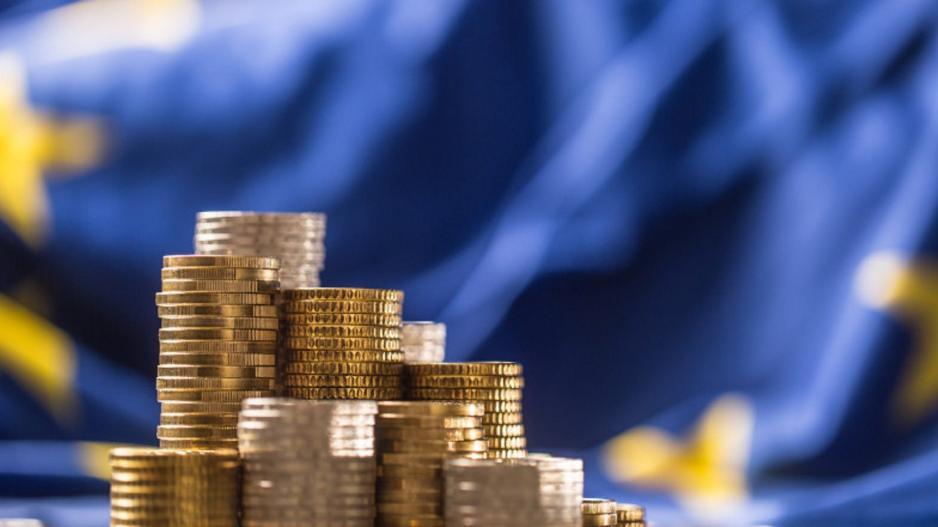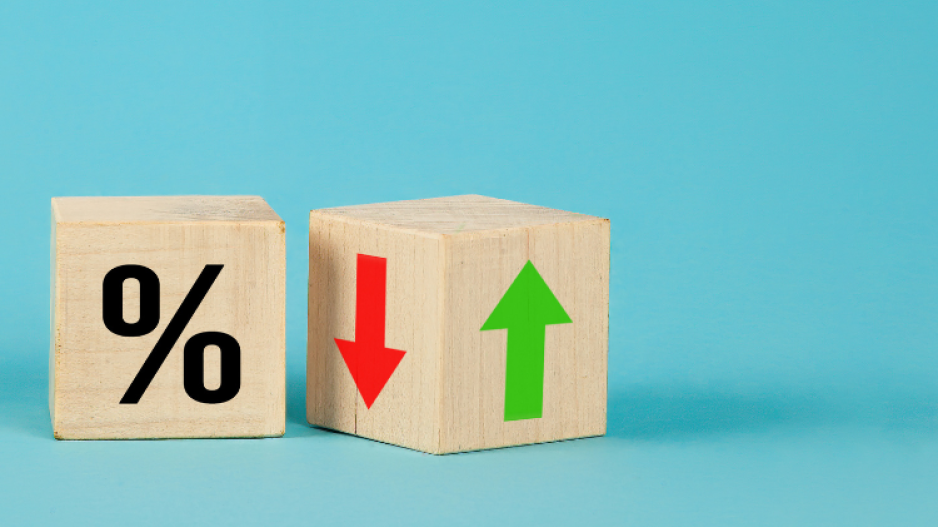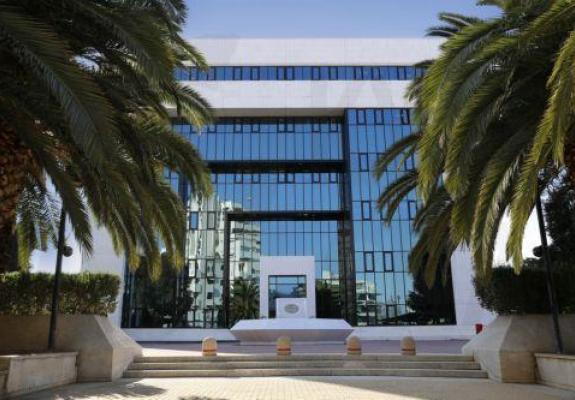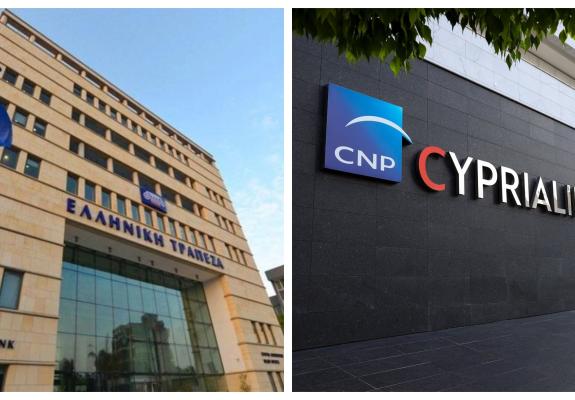European Central Bank Poised for Ninth Consecutive Interest Rate Hike Amidst Inflation Concerns
The European Central Bank (ECB) is gearing up for yet another interest rate increase in its ongoing efforts to combat surging inflation within the Eurozone. As its ninth consecutive hike looms, questions abound regarding the duration of the rate-tightening policy. Since July 2022, the ECB has incrementally raised interest rates by a cumulative 400 basis points, significantly impacting borrowing costs for businesses and households alike.
Market observers widely anticipate that during tomorrow's scheduled meeting at 15:45 Cyprus time, the ECB's Governing Council will announce a further 25 basis point increase in interest rates. This move will push the deposit facility rate to 3.50%, marking a 23-year high. Additionally, experts are speculating the possibility of yet another rate hike at the forthcoming September meeting.
In June, inflation in the Eurozone moderated slightly to 5.5%. Nonetheless, it remains significantly above the ECB's medium-term target of 2%, causing concern among policymakers. ECB President, Christine Lagarde, addressed the issue during a speech in Sintra, Portugal, at the end of June, acknowledging the ongoing challenges. She emphasized that the full impact of the 400 basis points increase has yet to be seen, but reaffirmed the ECB's commitment to manage inflation through further rate increases if necessary.
Lagarde clarified that the ECB's Governing Council has set a clear strategic direction to ensure future decisions align with their goal of achieving a timely return of inflation to the 2% target. Interest rates will be maintained at sufficiently restrictive levels to support this objective for as long as needed. However, she also acknowledged the inherent uncertainty, stating that the ECB may not confidently declare that the peak of interest rates has been reached anytime soon.

Highlighting the importance of data-driven decision-making, Lagarde emphasized that each meeting's outcomes would be anchored in evidence and economic indicators. The ECB will continuously assess the economic landscape before making any further policy adjustments.
According to the ECB's latest forecasts released in June, economic growth in the Eurozone is projected to slow to 0.9% this year before rebounding to 1.5% in 2024 and 1.6% in 2025. Inflation, which stood at 8.4% in 2022, is anticipated to decline to 5.4% in 2023, with further decreases to 3% in 2024 and 2.2% in 2025.
Recent data indicate that the ECB's restrictive monetary policy has already put pressure on economic activity. The ECB's loan issuance survey for Q2 2023 revealed a notable decline in demand for business loans, reaching its lowest level since 2003 when the survey began. Banks also anticipate further drops in demand in the upcoming quarter due to rising interest rates and reduced demand for funding fixed investments. Likewise, significant reductions are observed in household loans, albeit at lower levels.
Economic analysts remain cautiously optimistic about the ECB's economic growth forecasts, suggesting the Eurozone's economy will remain stagnant until early 2024.
As the ECB gears up for its ninth consecutive interest rate hike, policymakers are keenly focused on managing inflationary pressures within the Eurozone. The decision-making process will rely on data and indicators, ensuring that the policy is aligned with the ECB's strategic goals. Amidst uncertainties, the ECB aims to strike the right balance between controlling inflation and supporting economic growth.






